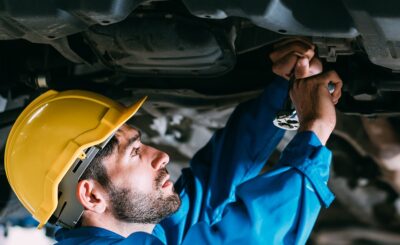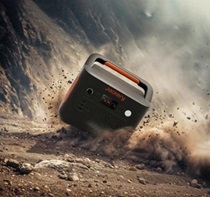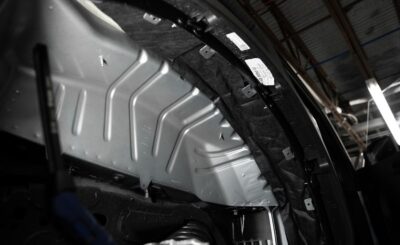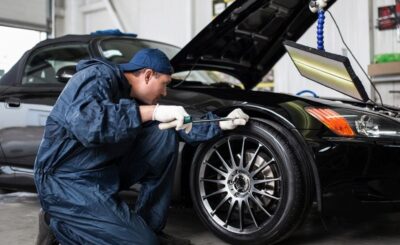Sometimes driving in the rain seems natural. It may rapidly become a nightmare if you’re not ready. Road conditions might change fast. A moderate drizzle might suddenly become a strong rainfall, causing jams or motor issues. Roads can flood and brakes can fail in heavy rain, making driving dangerous. Here you know about some genuine hazards of driving in the rain and why you should be careful.
Waterlogged Roads
Streets may become rivers after heavy rain. Water on the road makes it hard for tires to grip. Your car might break down in a damp place or cause you to slide. Roads that don’t drain well might collect water. Get trapped or caught if water levels rise too soon. Avoid flood zones and follow weather warnings when moving in heavy rain. Even a few inches of water might affect your car’s movement.
Reduced Braking Efficiency
Rain hinders car stopping and is annoying. Wet roads reduce tire-ground friction, making stopping difficult. If you’re speeding or following another car, this may be risky. Rain increases stopping distances, making it harder to stop in time to avoid an accident. Heavy rain exacerbates the issue. It might be difficult to steer and stop a car with poor brakes, in this situation you need a European Auto Repair in Olympia, WA.
Corrosion
Your car may rust if it is exposed to prolonged heavy rain. Water damages metal items like car undercarriages. If you don’t do something about it, this might cause rust to build on essential sections of your car, such the frame or exhaust system. Rust weakens your car, reducing safety and speed. Staying in the rain might speed up the process by retaining water. Clean and maintain your car’s undercarriage to avoid this risk. This will protect your car in adverse weather.
Impaired Brake Cooling
Even while brakes can withstand heat, excessive rain might disrupt cooling. Brakes heat up when used, but water can halt this. Without adequate cooling time, the brakes may overheat and stop operating. This reduces brake efficiency and puts you at risk, especially if you need to stop fast. Move in the rain makes brakes that operate and can withstand stress even more necessary.
Increased Risk of Brake Fluid Contamination
Brake fluid contamination is a sneaky risk of driving in the rain. Old seals or rotting components might admit water into brake fluid. The brake fluid thins, making them less effective. Dirty brake fluid can cause brake failure. People seldom realize this modest but significant risk until it’s too late. Avoid this deadly issue by checking your brakes and ensuring they are dry and take help from European Auto Repair in Olympia, WA.
Conclusion
There are hazards involved with driving in the rain that might get you caught in a terrible scenario. Rain may damage your car through corrosion, waterlogged roadways, and ineffective brakes. Being ready matters. When storm clouds roll in, brake maintenance, weather monitoring, and car maintenance may make all the difference. If you need professional help immediate contact with Olympia Autoworks.








